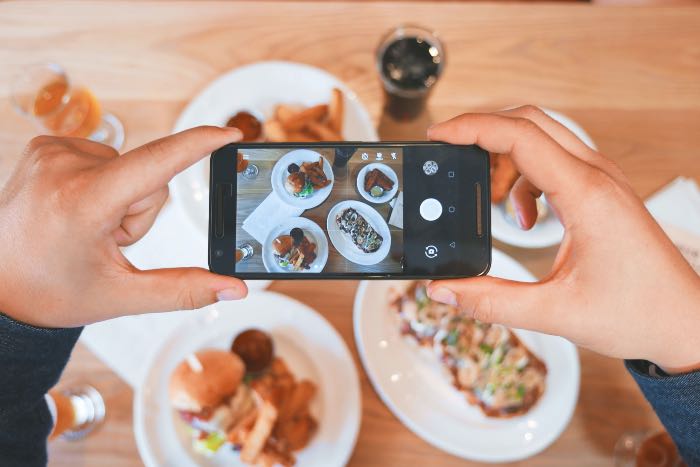
Critique is the evaluation of things—primarily from a position of expertise and relative authority.
We aren’t suffering for a lack of critique in our world. The yelpification of everything (an idea I first heard from the novelist and vlogger, John Green)—in which all things must be reviewed and catalogued—is so pervasive, we can’t resist determining the relative value of everything in our lives.
Of course, our expertise is also relative. Eating at three local Mexican restaurants is not sufficient to tell us which is most authentic. But we do get some sense of which one we like best.
Critique and evaluation is so pervasive that we can’t seem to help ourselves. Everything is reviewed, ranked, and ordered. Things are labeled “better” and given greater or lesser appreciation.
This has some utility. When there are three Mexican restaurants, knowing which one we prefer going to can make the decision easier.
Often, however, we aren’t offering an honest critique. And our expertise is compromised.
When men rally against a women-led superhero movie, customers criticize a brand’s new project, or alumni attack a university’s supplementary logo, we shouldn’t consider these valid critiques. Because the entire enterprise of the cultural critique is predicated on expertise, not fear. Particularly the fear of loss.
When we treat criticism grounded in fear as being inseparable from a critique based in expertise, that is a big problem. And one not solved by fearing the consequences.
Expertise guides us to better conclusions. And with it, I suspect, a lot less genuine criticism.
